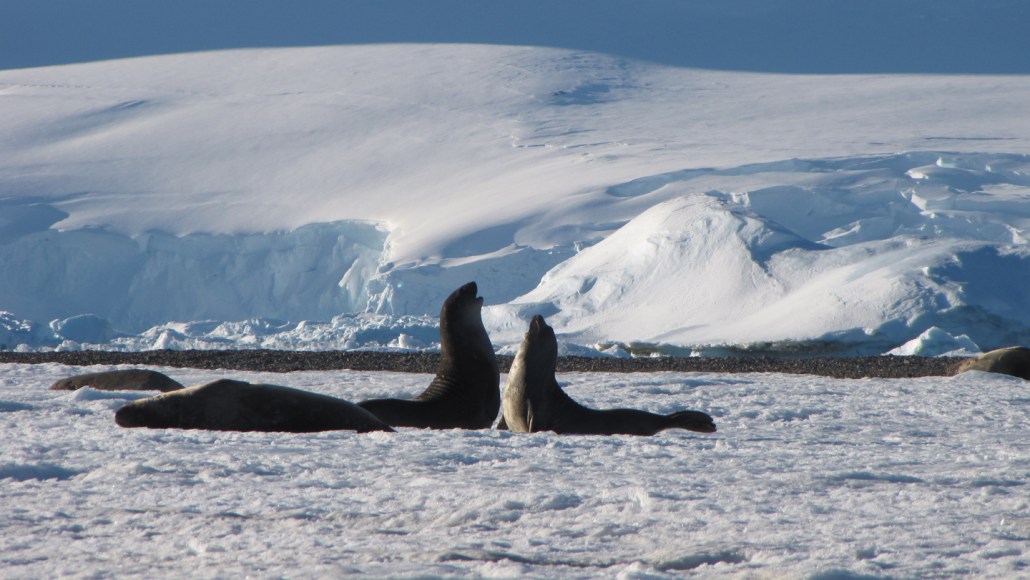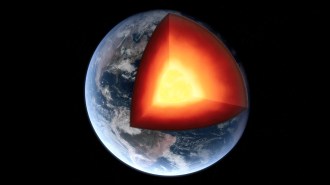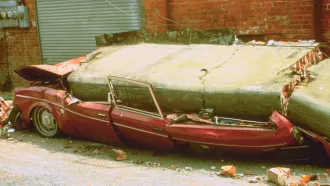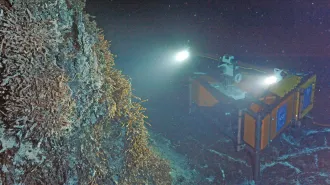
Climate
Halting irreversible changes to Antarctica depends on choices made today
Antarctic Peninsula projections show accelerating ice loss, warming oceans and global sea level impacts tied to greenhouse gas emissions.
Every print subscription comes with full digital access

Antarctic Peninsula projections show accelerating ice loss, warming oceans and global sea level impacts tied to greenhouse gas emissions.
We summarize the week's scientific breakthroughs every Thursday.

Hydrogen reserves in Earth’s core large enough to supply at least nine oceans may influence processes on the surface today.

A temperate tunneling species of dung beetle seems capable of adapting to climate change, but their tropical cousins may be less resilient.

Polar bears can struggle to adapt to climate change. Bears on Svalbard may be surviving on land prey and seals — but scientists warn it may not last.

Seismic tremors reveal a shallow fragment of an ancient tectonic plate beneath Northern California, helping explain damaging earthquakes near the surface.

An analysis of global climate data shows sustained warming even as El Niño faded.

Trees are known for absorbing CO2. But microbes in their bark also absorb other climate-active gases, methane, hydrogen, and carbon monoxide.

Longest lightning, the first AI-generated genomes and biggest black hole smashup were among this year’s top science superlatives.
New footage shows orcas and dolphins coordinating hunts, hinting at interspecies teamwork to track and catch salmon off British Columbia.

Data from Axial, the most-monitored underwater volcano, are helping geophysicists hone eruption predictions. For Axial, 2026 is their next bet.
Subscribers, enter your e-mail address for full access to the Science News archives and digital editions.
Not a subscriber?
Become one now.